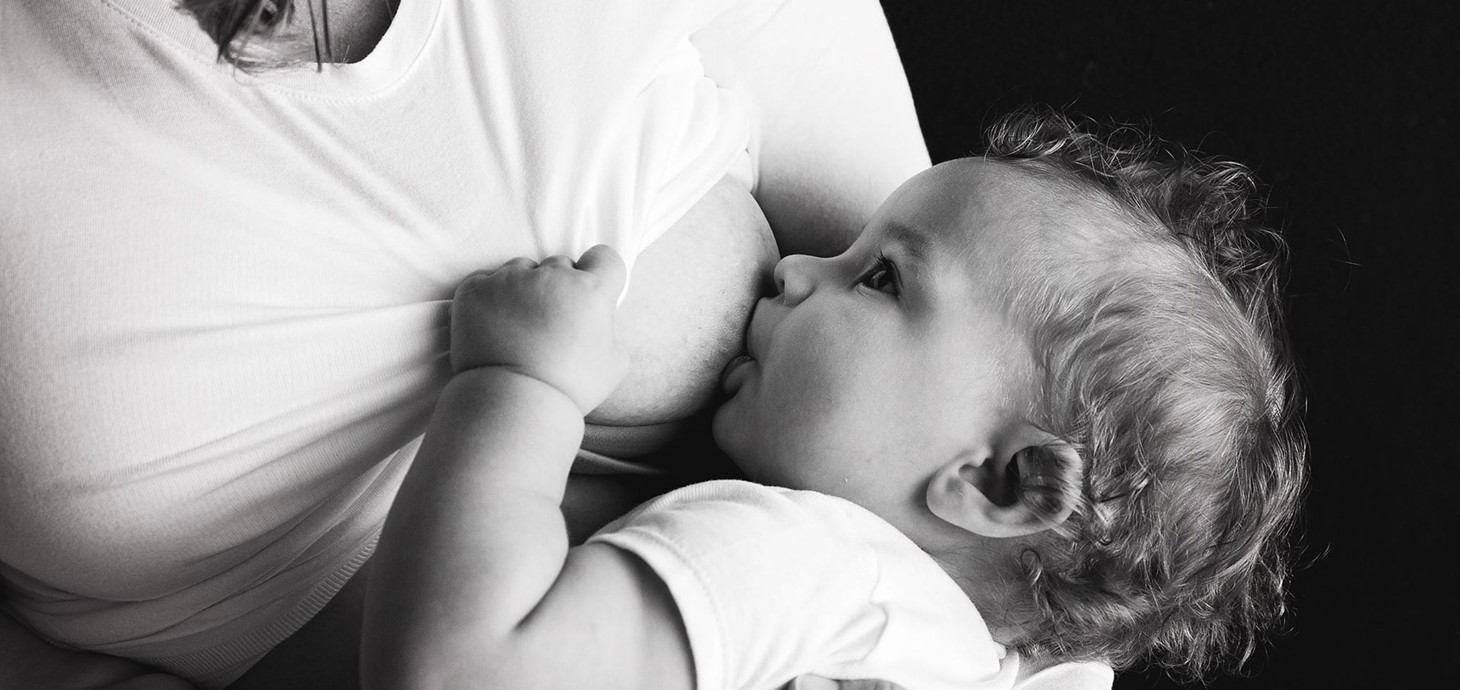
Disapproval or even disgust from the general public is one of the reasons why some women are reluctant to breastfeed outside of the home, according to researchers.
Swansea and Cardiff University experts, who have studied the experiences of more than 17,000 mums, say attitudes of strangers are having a direct impact on a families’ behaviour when it comes to feeding babies.
Dr Aimee Grant, of Swansea University’s Centre for Lactation, Infant Feeding and Translational Research led the study which looked at existing research mostly from the UK, USA and Australia. Her team not only examined 17,700 pregnant women and mothers’ responses but also those of 156 male partners, 46 grandparents and 438 members of the public.
She said: “The attention of members of the public who observed breastfeeding was incorrectly focused on mothers as sexualised women, rather than as caregivers to infants who needed feeding.
“This created a hostile environment in which it was harder for mothers to feed their babies, which was stressful and unpleasant.”
The study has just been published by journal Maternal & Child Nutrition and its findings include:
- In Organization for Economic Co-operation and Development (OECD) countries, there was limited evidence that women routinely breastfed outside of the home; for those who did often found the experience uncomfortable;
- Legal protections for breastfeeding in public, where present, were not widely known and appeared to be under-enforced;
- Mothers were aware of stigma relating to breastfeeding in public and feared conflict with strangers. This fear was not felt evenly, with mothers who were young, poor, and from marginalised ethnicities reporting increased surveillance and stigma; and;
- Observers of breastfeeding in public had poor understanding of normal infant feeding behaviour and the need to breastfeed in public spaces. They also experienced reactions of disgust at breastfeeding.
Breastfeeding in public is legal in England and Wales as part of the Equality Act 2010 but that legal protection does not stop mothers facing negative reactions. Recently Beth Coles hit the headlines after a supermarket worker asked her to stop breastfeeding while sitting in her car in Sainsbury’s car park.
Dr Grant said: “We urgently need the public to reframe their view of breastfeeding, so that it is understood as nutrition for babies, rather than a political or sexualised act by their parents. This means that the public should not stare, tut or make negative comments about breastfeeding babies.”
